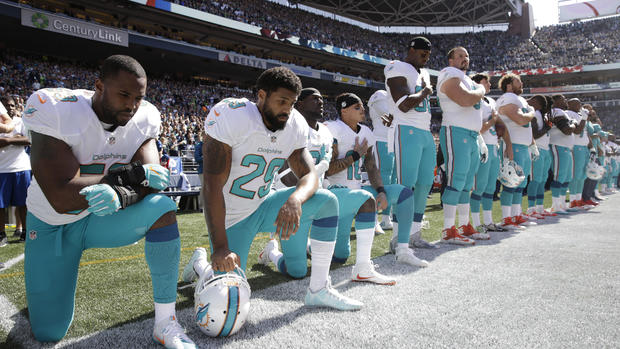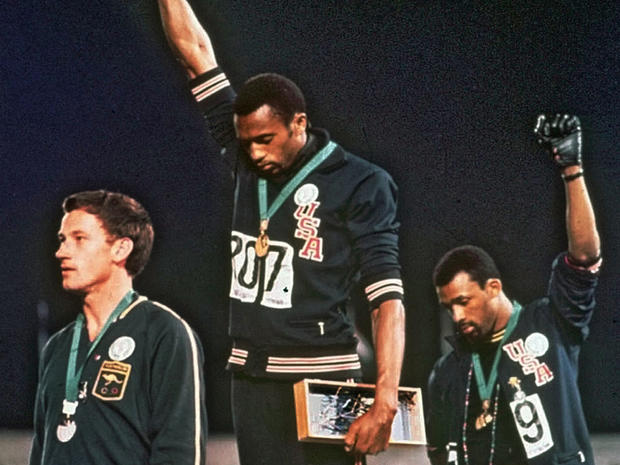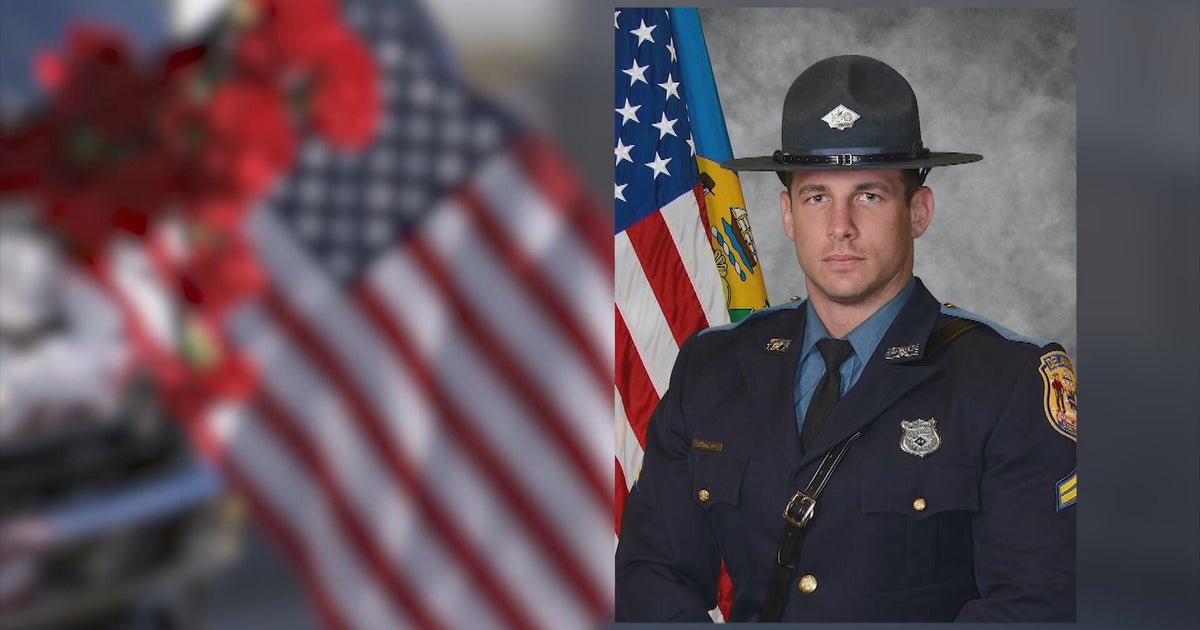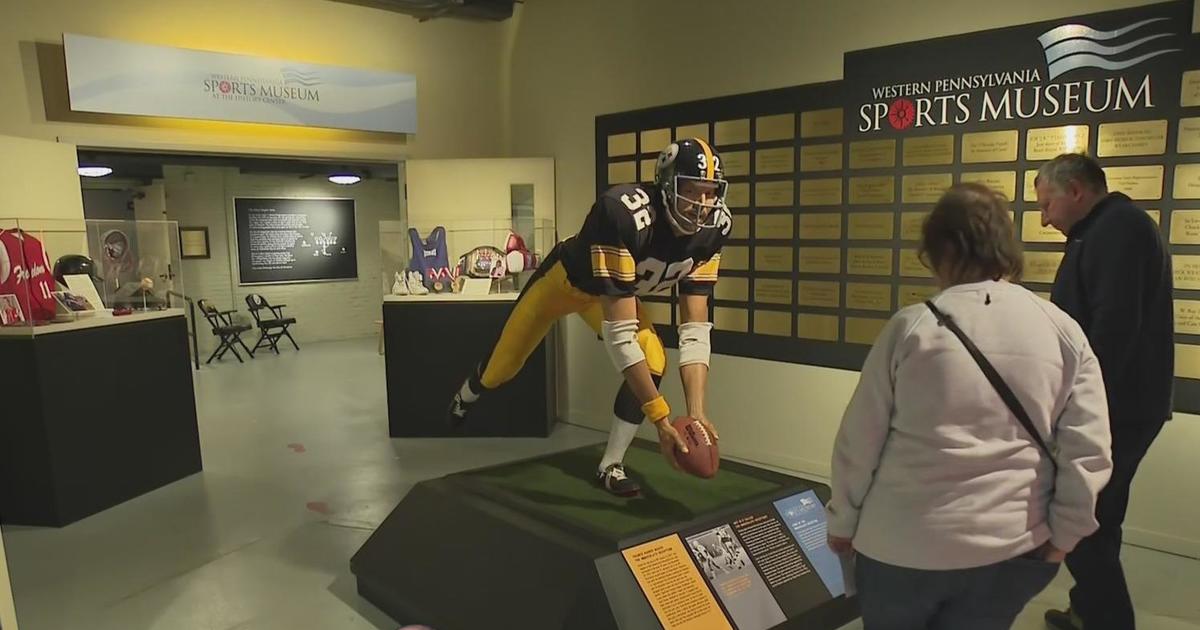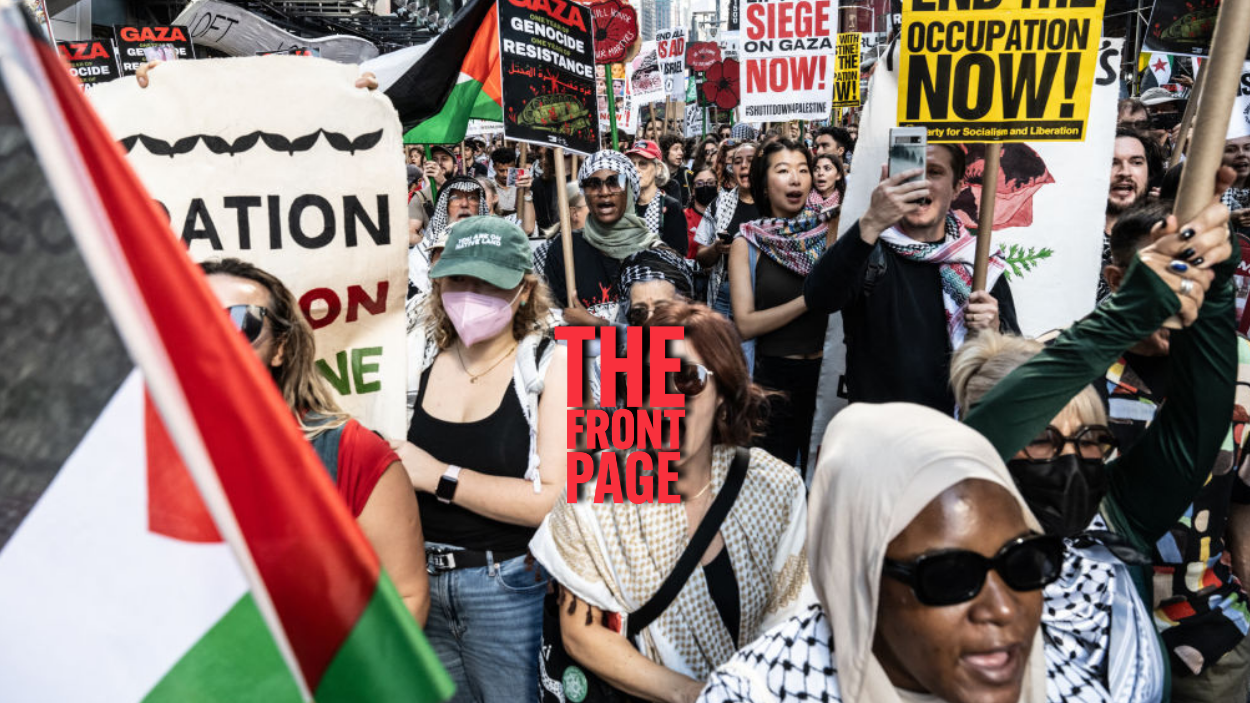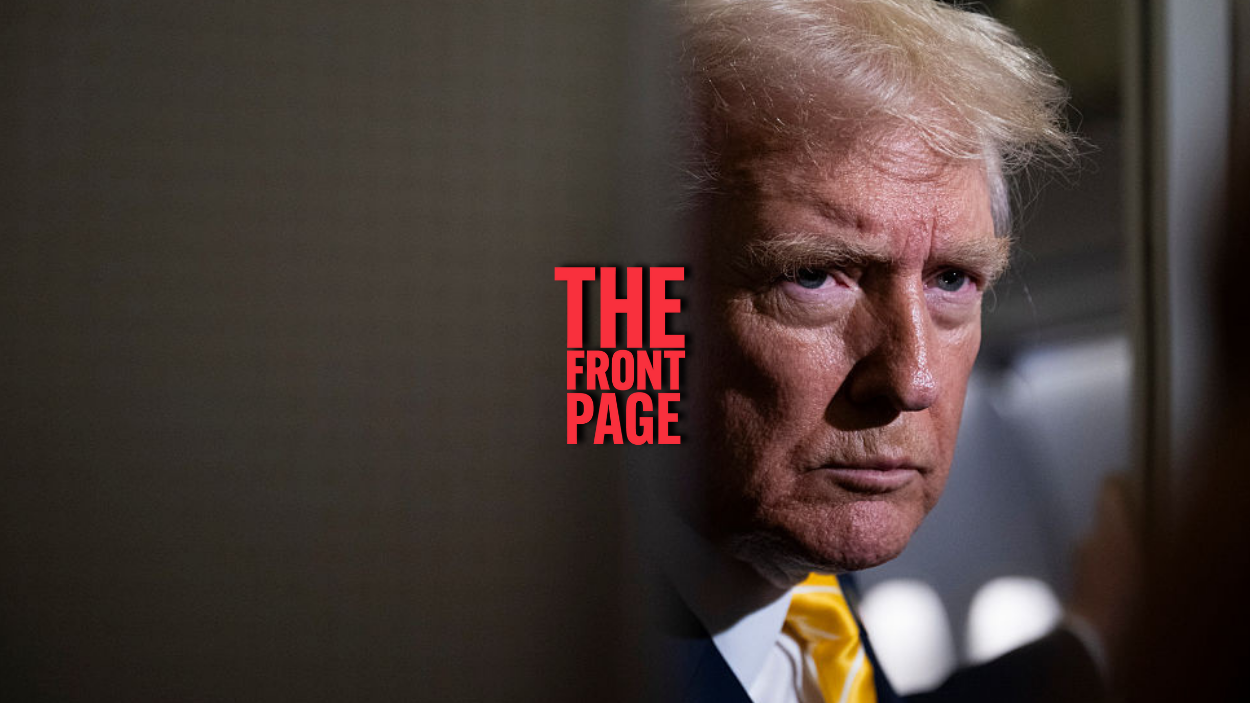International Olympic Committee bans political protests by athletes at 2020 games
No taking a knee, no political hand gestures and no disrespect during medal ceremonies. The International Olympic Committee (IOC) posted a three-page guideline on Thursday that reiterates Rule 50 of the Olympic Charter. It clearly states how and when athletes can protest during the 2020 Tokyo games.
The IOC said athletes are banned from protesting while on the field of play, in the Olympic Village and during medal and other official ceremonies. However, they are allowed to express political opinions during press interviews outside the Village, in meetings and on traditional and social media.
"We believe that the example we set by competing with the world's best while living in harmony in the Olympic Village is a uniquely positive message to send to an increasingly divided world," the IOC said in a statement. "This is why it is important, on both a personal and a global level, that we keep the venues, the Olympic Village and the podium neutral and free from any form of political, religious or ethnic demonstrations."
The IOC makes clear that "expressing views" is different from "protests and demonstrations." Displaying political messaging, gestures of a political nature and refusal to follow the Ceremonies protocol are all examples of protests, the IOC said.
If an athlete fails to follow the IOC guidelines, disciplinary action will be taken on a case-by-case basis in order to limit any "divisive disruption."
The guidelines come after Fencer Race Imboden kneeled and hammer thrower Gwen Berry raised a fist in protest during medal ceremonies at the Pan-American Games in Peru in August. Both face 12-month probations, meaning they cannot compete in the Tokyo games.
American sprinters Tommie Smith and John Carlos were recently inducted into the U.S. Olympic and Paralympic Hall of Fame, 51 years after they raised their fists in protest of racial discrimination at the 1968 Olympics in Mexico City. Both were suspended from the national team, vilified and at one point, homeless and unemployed.
The IOC said the rules are in place to keep a global focus on athletes' performances and on international unity and harmony.
"The mission of the Olympic Games to bring the entire world together can facilitate the understanding of different views, but this can be accomplished only if everybody respects this diversity," it said.
The Tokyo Games' opening ceremony is scheduled for July 24.
